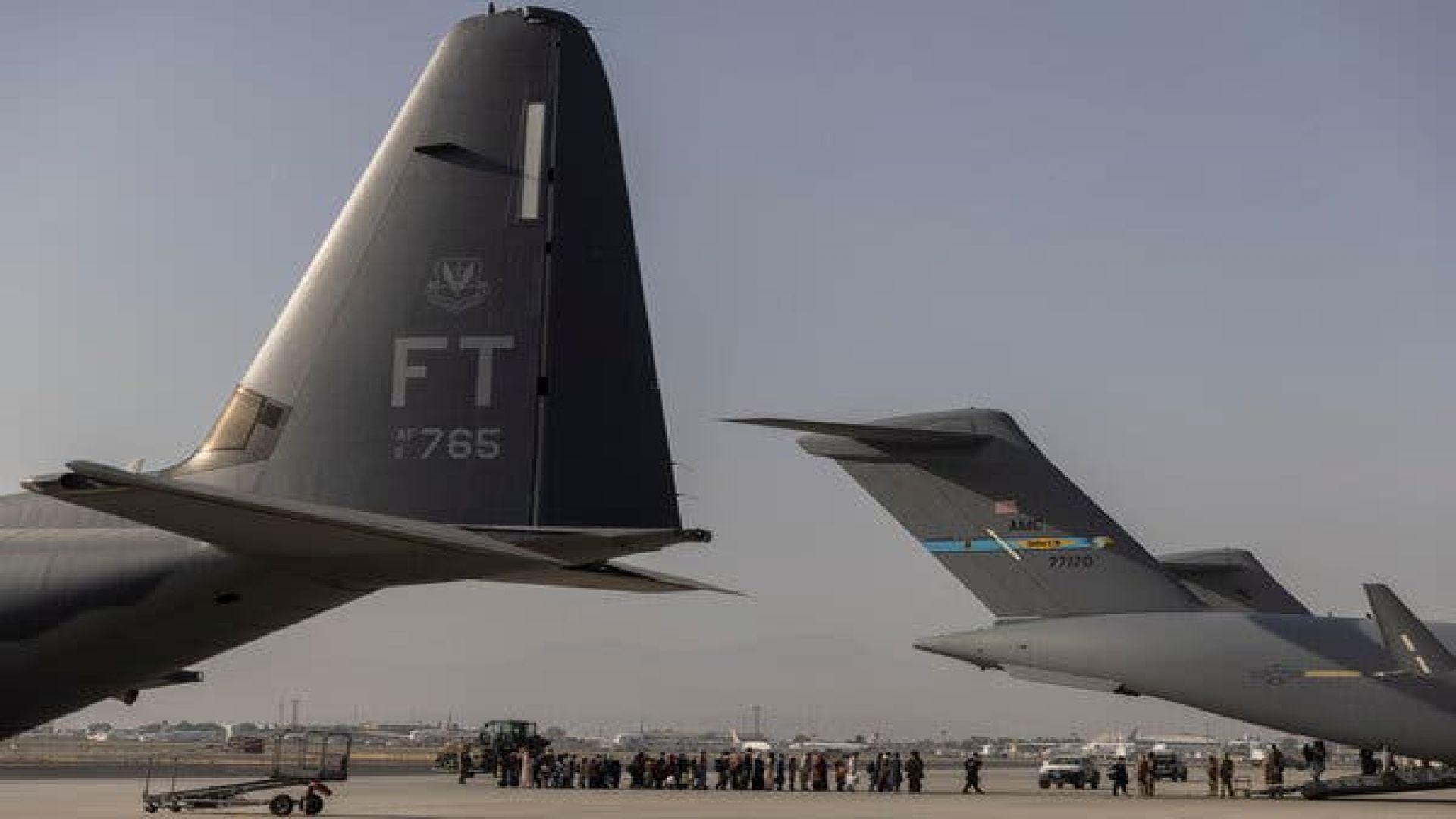In the days before President Trump's deadline to suspend the U.S. refugee resettlement program, the State Department canceled flights for thousands of refugees who had already been approved to travel to the United States. These refugees included those fleeing war or persecution, such as Afghans who helped the U.S. military before its withdrawal. The cancellation of their travel was a devastating blow to people who had spent years waiting to start a new life.
Trump’s executive order, signed just before he took office, indefinitely paused the refugee program, which had already been slowing down due to stricter vetting and reduced refugee admissions during his first term. The U.S. government justified the decision by saying that accepting refugees put too much strain on resources.
Refugee resettlement agencies, like the International Rescue Committee, were shocked and heartbroken. They argued that the refugees had gone through one of the most thorough vetting processes in the world. Many of these refugees had endured unimaginable hardship and waited years, sometimes decades, to be reunited with their families. For example, Nur Ahmed, a Somali refugee who resettled in the U.S. in 2010, had finally been able to reunite with some family members but faced further delays for others, including his 70-year-old mother.
This policy decision underscores a broader global debate about immigration. Refugee resettlement and the challenges of integrating large numbers of migrants into societies remain pressing issues worldwide, as countries balance national security concerns with humanitarian responsibilities. Trump's actions and their consequences reflect ongoing political divisions about immigration that affect many nations, not just the U.S.


